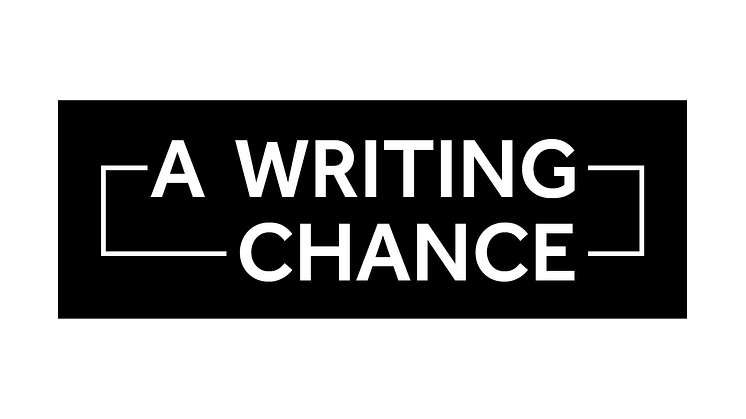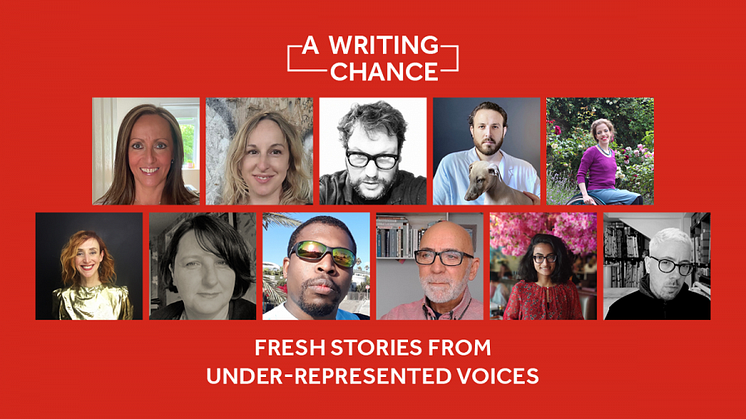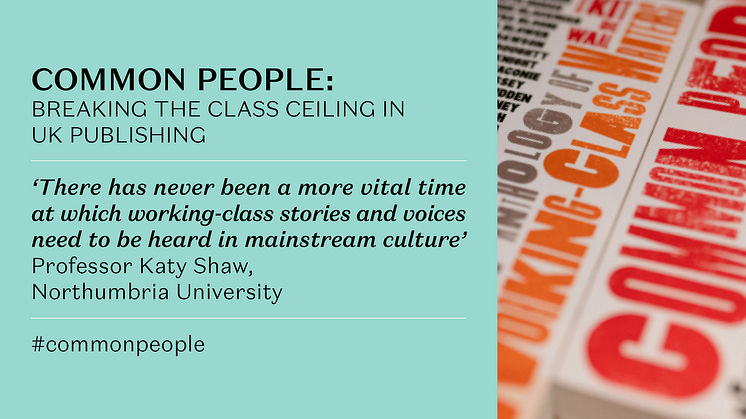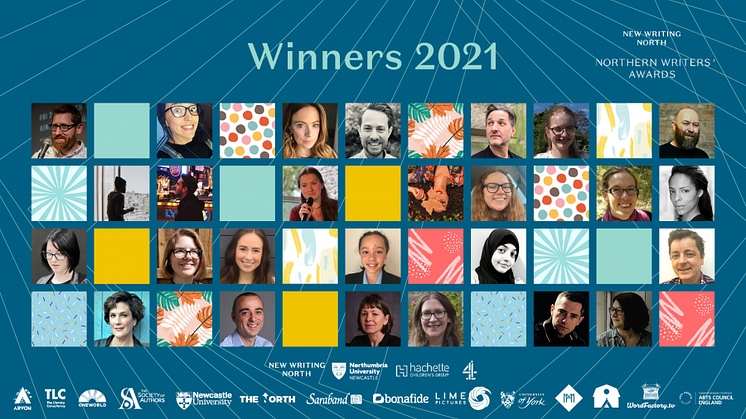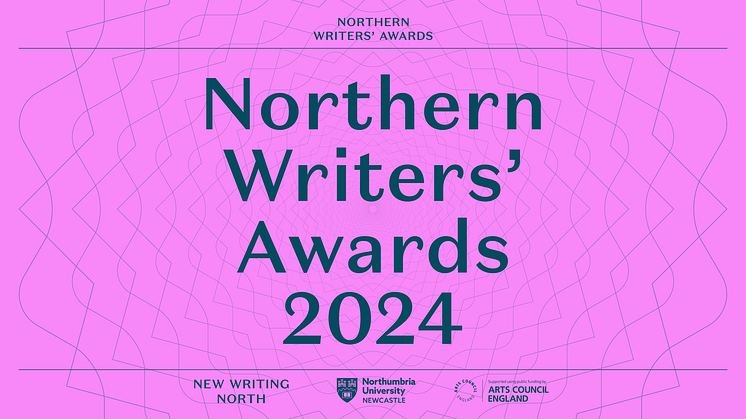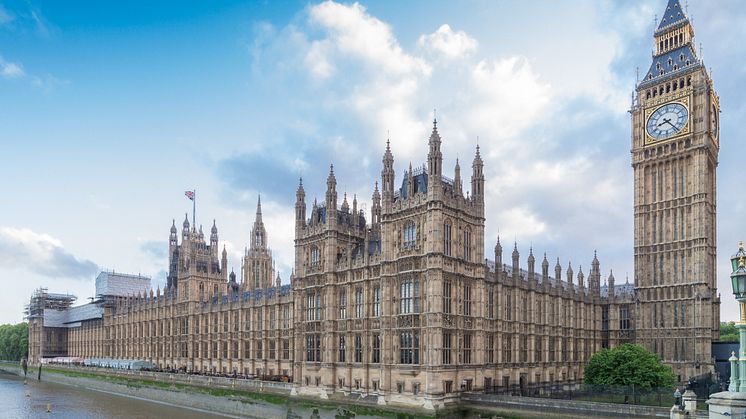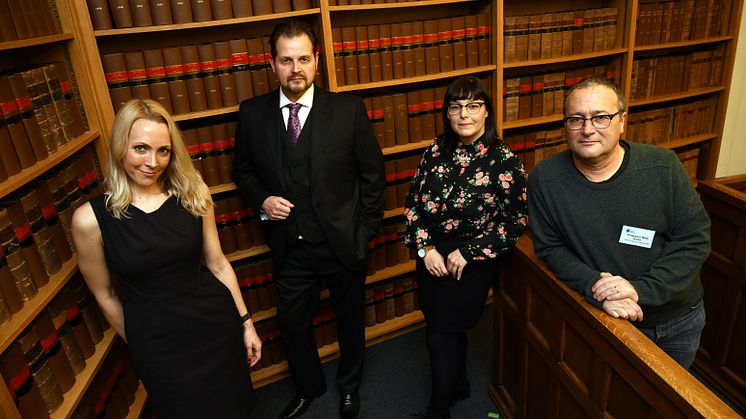
Press release -
Write Now: Exploring the Teaching of Contemporary British Literature in Global Higher Education
More than half of the world's students study Shakespeare, but the story of contemporary English Literature does not begin and end with the Bard.
There has been a rapid global rise in the teaching of English Literature at Higher Education (HE) level, even in countries where English is not the national language.
Yet, within these programmes, advertised curriculum content often focuses on pre-1900 texts (from Shakespeare to Dickens) at the expense of more contemporary British writings.
Now a new research programme, coordinated by Northumbria University’s Professor Katy Shaw and supported by the British Council, will conduct the first ever review of the teaching of contemporary (post-2000) British Literature on named English Literature HE programmes currently delivered outside the UK and Ireland.
Through a comprehensive survey of international HE educators and an analysis of its findings, the Write Now research will map the current context and identify resourcing and development requirements as well as future potential for promoting the teaching of contemporary British Literature overseas.
Research will be gathered from English educators across the world from Spring - Autumn 2020.
The results of the research will be published in Winter 2020 in an open-access report that will enable knowledge transfer, encourage international capacity and partnership-building in the international HE sector, and influence policy and strategy formation by the English national subject association.
Speaking about why educators might consider taking part in the research, Professor Shaw said: “This research will offer new insights into the teaching of contemporary British Literature across the globe.
“By engaging with colleagues in Higher Education across all five continents, the project will gather information on their experiences and practices, as well as identifying needs and areas of growth.
“Through sharing the results of the research on an open-access basis, we hope to foster greater understanding of the impact of post-millennial British Literature in English programmes across the world today.”
Jim Hinks, Senior Programme Manager, Literature, at the British Council, said: “The British Council is delighted to support this research, which aims to improve and support the teaching of contemporary British Literature overseas.
"Studies such as Write Now echo the focus of our wider work, fostering mutual understanding and connection between the UK and other countries via education, arts and English language.
"We look forward to the findings of the study later in the year.”
Contemporary British Literature is a burgeoning area of both academic critical study and popular focus.
Prof Shaw is Vice-Chair of BACLS – the British Association for Contemporary Literary Studies – and also sits on the executive committee of University English, the national subject association.
This research is of key concern to and supported by both these national bodies in their shared mission to further the teaching, reading and understanding of post-2000 British literature both nationally and internationally.
Anyone interested in taking part in the research should contact Professor Shaw at: katy3.shaw@northumbria.ac.uk
The survey can be accessed here and you can read more about the research in this British Council blog post.
Topics
Categories
About Northumbria University:
Northumbria is a research-rich, business-focused, professional university with a global reputation for academic excellence. Find out more about us at www.northumbria.ac.uk
Please contact our Media and Communications team at media.communications@northumbria.ac.uk with any media enquiries or interview requests.
About the British Council:
The British Council is the UK’s international organisation for cultural relations and educational opportunities. We work with over 100 countries in the fields of arts and culture, English language, education and civil society. Last year we reached over 80 million people directly and 791 million people overall including online, broadcasts and publications. We make a positive contribution to the countries we work with – changing lives by creating opportunities, building connections and engendering trust. Founded in 1934 we are a UK charity governed by Royal Charter and a UK public body. We receive a 15 per cent core funding grant from the UK government.







